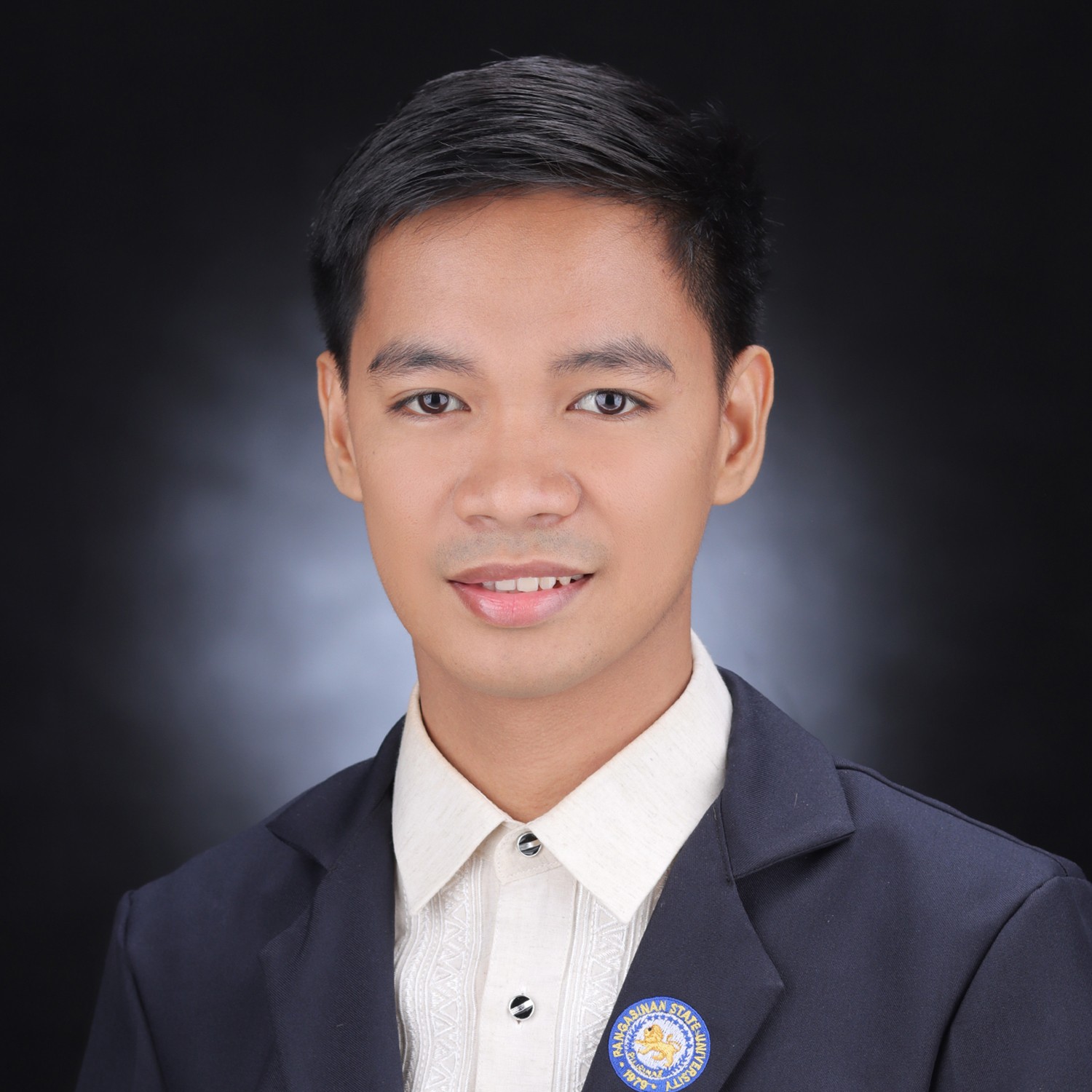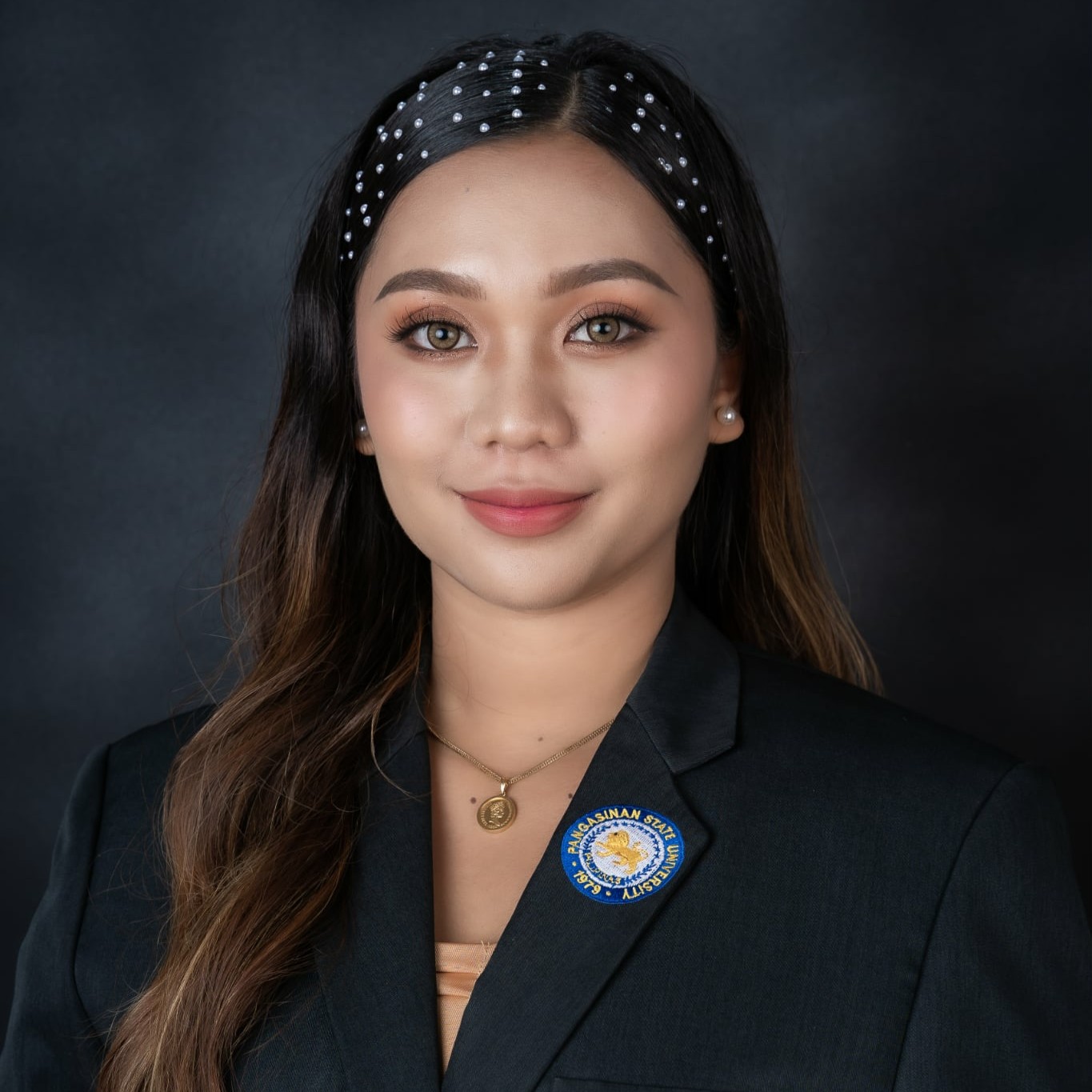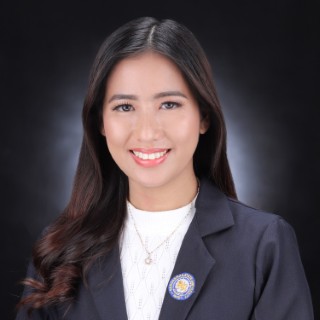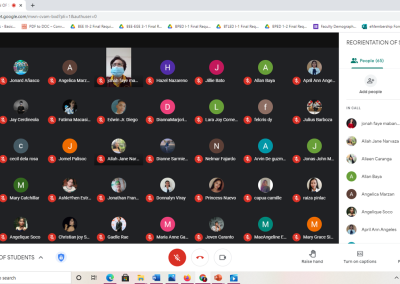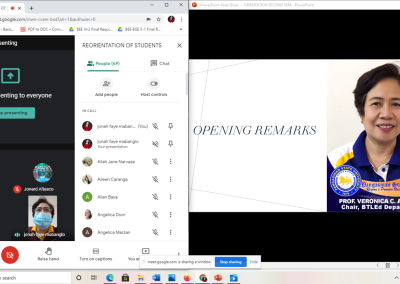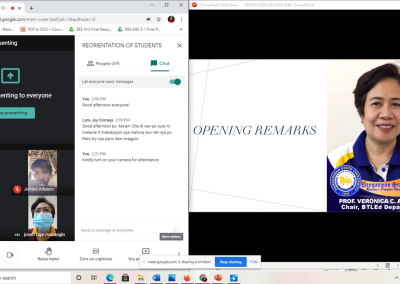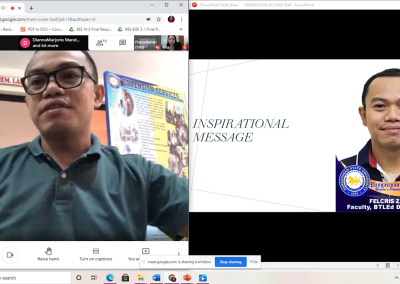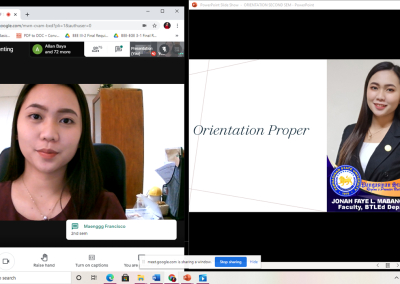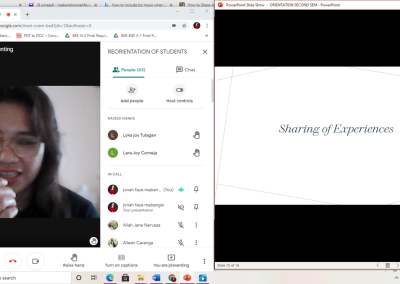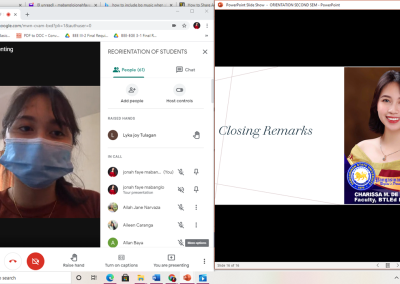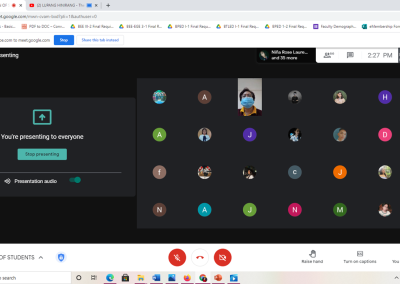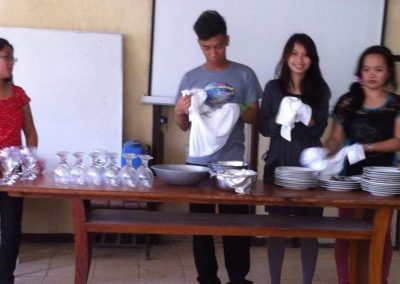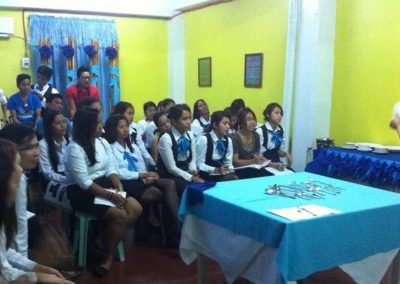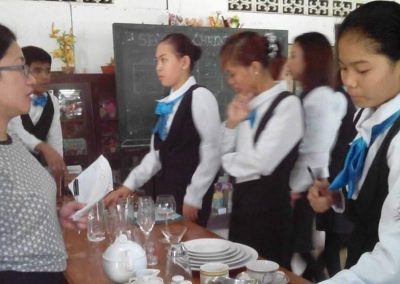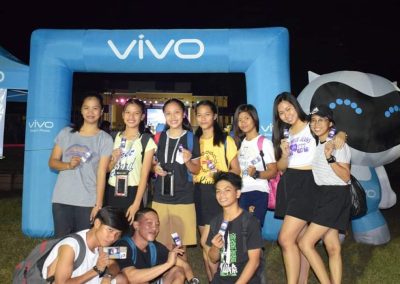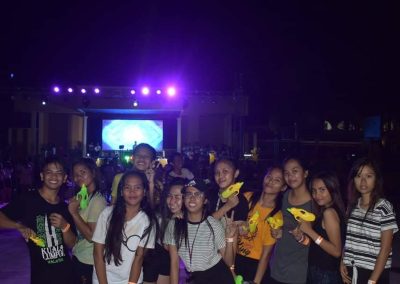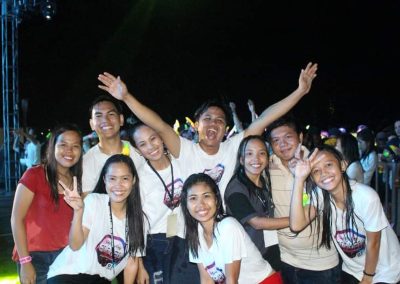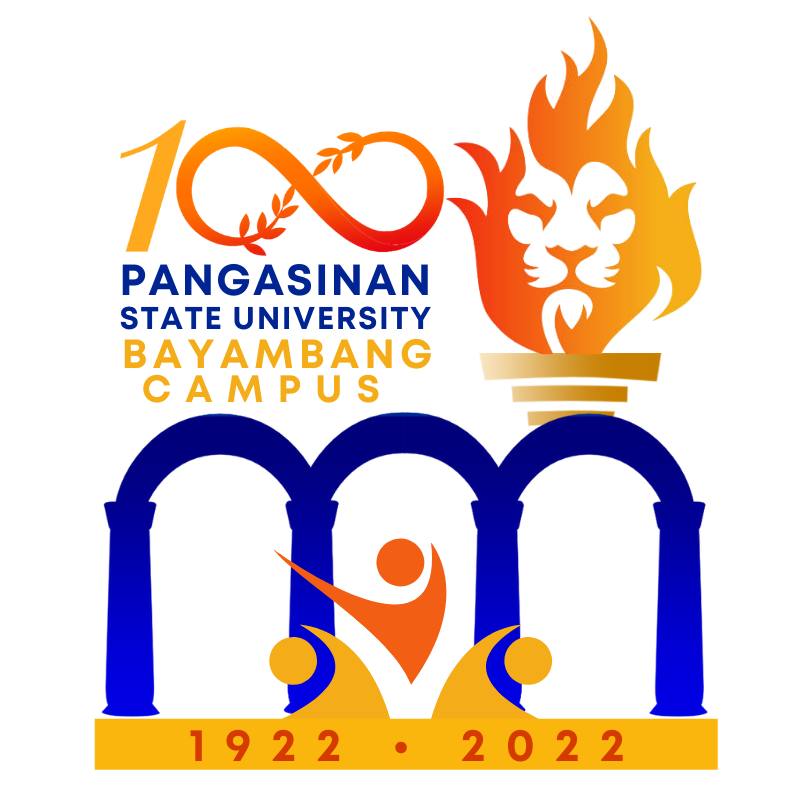
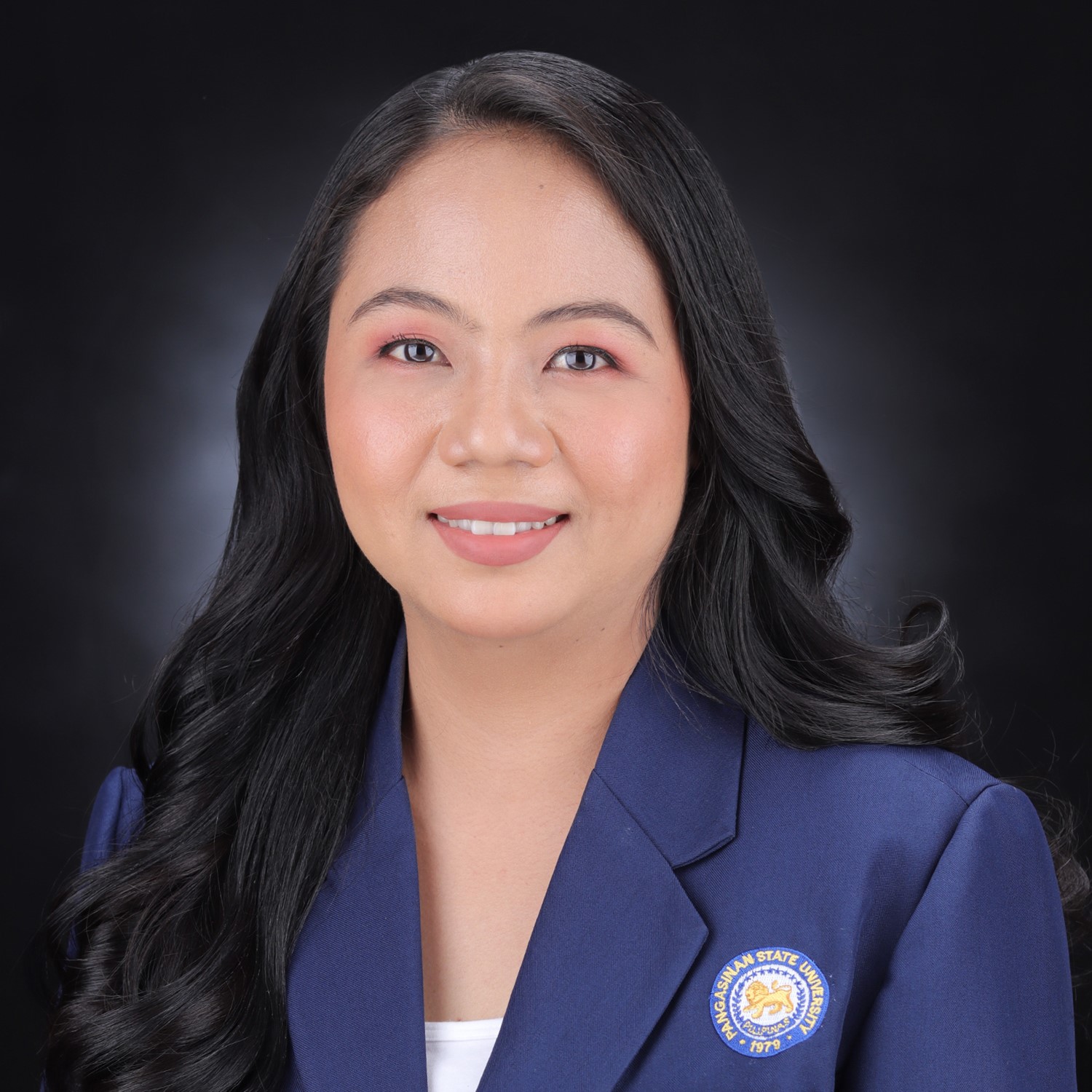
SUNSHINE E. UMAYAM, MATE
Department Chair
Welcome to BTLED Department
Welcome to Bachelor of Technology and Livelihood Education Department.
The Department aims to provide quality instruction and real life application of theories and techniques, preparing the future teachers with skills needed by industries gearing them to b e globally competent in their expertise.
Through the instructors and professors of the department, you will be expose to various skills in agriculture, industrial arts, Home economics and computer education your mentors will work together to provide you all the best opportunities to learn and to become a productive and better individual.
The Bachelor of Technology and Livelihood Education (BTLEd) in Pangasinan State University – Bayambang Campus is an undergraduate teacher education program that equips learners with adequate and relevant competencies in the area of Technology and Livelihood Education, particularly for the TLE exploratory Courses from Grades 4-8.
The program offers Bachelor of Technology and Livelihood Education BTLEd majors in Home Economics. It aims develop highly competent and motivated teachers in Technology and Livelihood Education. The Technology livelihood education curriculum shall impart a body of knowledge, skills, attitudes, values and experiences that will provide prospective EPP/TLE teachers with the necessary competencies essential for effective teaching and at the same time are accredited TVET Trainers and Assessors.

Directory
SUNSHINE E. UMAYAM, MATE
Department Chair
Alvin S. AGUILAN, MAEd
Faculty
Jonah Faye M. BUTED, EdD
Faculty
Charissa M. DE VERA, MAEd
Faculty
Czarina D.ROSARIO, MAEd
Faculty
EMPLOYMENT OPPORTUNITIES
- Technology and Livelihood Teacher in Grades 4-8
- Skilled Trainer
- TVET Assessors
- Entrepreneurs
- Supervisor
- Manager
- Livelihood Program Facilitator
- Community Project Organizer
- Researcher
- Tutor
- Layout Artist
- Graphics and Printing Media Arts
- Skilled Food Attendant
- Skilled Cook
- Skilled Sewer
- Artisan
|
GRADUATE ATTRIBUTES |
PROGRAM OBJECTIVES |
PERFORMANCE INDICATORS |
|
Lifelong learner |
1. articulate discuss the latest developments in the specific field of practice |
|
|
Eloquent |
2. effectively communicate orally and in writing using both English and Filipino languages; |
|
|
Culture sensitive |
3. Work effectively in multi-disciplinary and multi-cultural teams. |
|
|
Socially and Environmentally Responsible |
4. Act in recognition of professional, social, and ethical responsibility |
|
|
Nationalistic |
5. preserve and promote “Filipino historical and cultural heritage”; |
|
|
Knowledgeable |
6. Articulate the rootedness of education in philosophical, socio-cultural, historical, psychological and political contexts. |
|
|
Objective |
7. Demonstrate mastery of subject matter/discipline. |
|
|
Ethical |
8. Facilitate learning using a wide range of teaching methodologies and delivery modes appropriate to specific learners and their environments. |
|
|
Systematic |
9. Develop innovative curricula, instructional plans, teaching approaches, and resources for diverse learners. |
|
|
Service driven |
10. Apply Skills in the development and utilization of ICT to promote quality, relevant, and sustainable educational practices. |
|
|
Socially responsive |
11. Demonstrate a variety of thinking skills in planning, monitoring, assessing, and reporting learning processes and outcomes. |
|
|
Knowledgeable and skilled |
12. Practice professional and ethical teaching standards sensitive to the local, national, and global realities. |
|
|
Decisive |
13. Pursue lifelong learning for personal and professional growth through varied experiential and field-based opportunities |
|
|
Realistic |
14. Demonstrate the competencies required of the Philippine TVET Trainers – Assessors Qualification Framework (PTTQF); |
|
|
Honest |
15. Demonstrate broad and coherent, meaningful knowledge and skills in technology and livelihood education. |
|
|
Expert |
16. Apply with minimal supervision specialized knowledge and skills in technology and livelihood Education; |
|
|
Innovative |
17. Demonstrate higher level literacy, communication, numeracy, critical thinking, learning skills needed for higher learning; |
|
|
Credible |
18. Manifest a deep and principled understanding of the learning processes and the role of the teacher in facilitating these processes in their students; |
|
|
Objective but open-minded |
19. Show a deep and principled understanding of how educational processes relate to larger historical, social, cultural, and political processes; |
|
|
Research oriented |
20. Apply a wide range of teaching process skills (including curriculum development, lesson planning, materials development, educational assessment, and teaching approaches); and |
|
|
21. Reflect on the relationships among the teaching process skills, the learning processing in the students, the nature of the content/subject matter, and other factors affecting educational processes in order to constantly improve their teaching knowledge, skills and practices |
|
- Demonstrate the competencies required of the Philippine TVET Trainers-Assessors Qualification Framework (PTTQF).
- Demonstrate broad, meaningful and coherent knowledge and skills and in any of the specific fields in technical and vocational education.
- Apply with minimal supervision specialized knowledge and skills in any of the specific fields in technical teacher education;
- Demonstrate higher-level literacy, communication, numeracy, critical thinking, learning skills needed for higher learning.
- Manifest a deep principled understanding of the learning processes and the role of teacher in facilitating these processes in their students.
- Show a deep and principled understanding on how educational processes relate to larger historical, social, cultural, and political processes.
- Apply a wide range of teaching process skills (including curriculum development, lesson planning, materials development, educational assessment, and teaching approaches).
- Reflect on the relationships among the teaching process skills, the learning processing the students, the nature, and other factors affecting educational processes in order to constantly improve their teaching knowledge, skills and practices.

